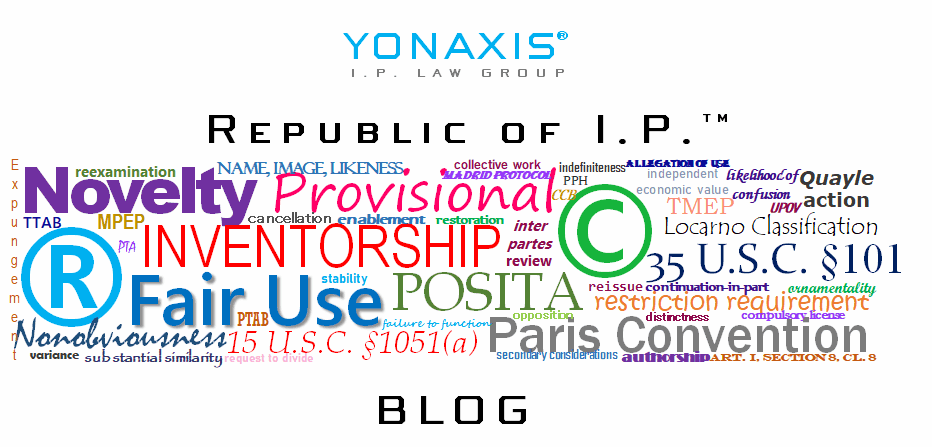Trademark law intersects with First Amendment free speech rights in several key ways: Prior Restraint and Content-Based Restrictions: When the government denies trademark registration based on the content of a mark, it potentially creates a content-based restriction on speech. While trademark registration provides valuable benefits (like presumptive validity and enhanced enforcement rights), denial doesn’t prohibit …
Category: 1st amendment
Understanding the Jack Daniel’s and Rogers Tests in Trademark Law
At the complex intersection of trademark law and First Amendment protections, courts have developed a sophisticated framework to balance commercial trademark rights under the Lanham Act against First Amendment expressive speech. Two key tests have emerged as crucial tools in this analysis. The Rogers Test: Protecting Artistic Expression The Rogers test, established in Rogers v. …
Understanding Section 2(c)’s Names Clause
The Lanham Act serves as the cornerstone of federal trademark law in the United States, establishing comprehensive protections for brands, consumers, and public figures alike. Among its many provisions, Section 2(c) stands out as a crucial safeguard for famous individuals and celebrities, preventing the unauthorized use of their names in trademark registrations. What is Section …
Thoughts on Elster and the Names Clause
Eight months after the U.S. Supreme Court held in the Elster case that so-called Names Clause under Section 2(c) of the Lanham Act, the federal trademark law, prohibited the use of a living person’s name in a proposed mark without that person’s consent, we are still seeing many applications filed raising Section 2(c) issues. What …
Limitations of the 1st Amendment in Trademark Cases: the Dog Toy Case
Reviewing the last U.S. Supreme Court 2022 term, the highest court decided several high-profile cases involving intellectual property rights. The keyword among these cases – two trademark, one copyright, and one patent – is “limitation.” What does this mean? The various laws implicated by these opinions do not operate in a vacuum and work in …
9th Circuit Punches the First Amendment into the Bowl
The facts are as follows. The plaintiff, Punchbowl, Inc., is an online greeting card company, using and owning the PUNCHBOWL mark since 2006. The defendant AJ Press is the owner of PUNCHBOWL NEWS, an online subscription-based news blog focused on national politics and US government news. The “punchbowl” metaphor refers to an upside down Capitol …
Fair Use Not Found in Foreign Judgment Case
In the runup to the issuance of the U.S. Supreme Court opinion in Andy Warhol Foundation for the Visual Arts, Inc. v. Goldsmith,[1] which is due sometime in the spring 2023, which will deal with the major issue of transformative use as part of first factor in the four-factor test for fair use under U.S. …
First Amendment Trumps Trump
On February 24, 2022, the Court of Appeals for the Federal Circuit held in In re Elster,[1] that Section 2(c) of the Lanham Act (15 U.S.C. §1052(c)) unconstitutionally restricts free speech. In doing so, the Fed Circuit cleared the way for trademark applicants to utilize their marks used in commerce as a platform to comment …
That Sucks! Otherwise Generic gTLD Still Non-Registrable Because Not Attached with Preceding Domain Name
On February 2, 2022, the Court of Appeals for the Federal Circuit affirmed in In re Vox Populi Registry Ltd.,[1] the decision of the USPTO’s Trademark Trial and Appeal Board (TTAB) refusing registration to .SUCKS as a service mark for Vox’s domain name registry services. However, the Fed Circuit agreed with the TTAB in that …
Trademarks Post-Tam & Brunetti
Two recent U.S. Supreme Court decisions in Matal v. Tam,[1] decided in 2017, and Iancu v. Brunetti,[2] decided this past May, both dealt with registration of trademarks under 15 U.S.C. §1052(a) (§2(a)) that ran afoul of the First Amendment’s freedom of speech clause. 2(a) reads: No trademark by which the goods of the applicant may …
